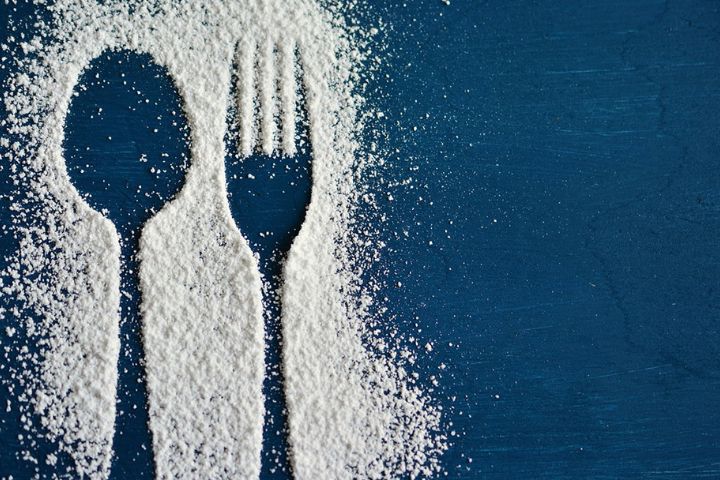Erythritol, a zero-calorie sweetener often used in yogurt, ice cream, diet sodas, and protein bars, may be linked to a higher risk of blood clots, heart attacks, and strokes. The study suggests that sugar substitutes, including those mixed with stevia, could increase the risk of heart disease.
People often choose artificial sweeteners as a way to reduce calorie intake or manage their weight, as these sweeteners typically contain few or no calories and also to avoid the health issues associated with high sugar consumption, such as diabetes or tooth decay. Additionally, artificial sweeteners are often found in products labeled as “diet” or “sugar-free,”However, recent studies have raised concerns about potential health risks associated with these substitutes.
Erythritol Linked to Increased Blood Clot Risk
Erythritol is a type of sugar alcohol, a carbohydrate naturally present in various fruits and vegetables. It is also produced in small amounts by the human body as a byproduct of glucose metabolism.
A recent study has found that artificial sweeteners, including erythritol, may increase the risk of blood clots more than sugar. The research, led by Dr. Stanley Hazen, a cardiologist and chair of cardiovascular and metabolic sciences, showed that erythritol affects blood platelets and heightens clotting risk in everyone tested. Dr. Hazen noted, “After drinking an erythritol-sweetened beverage, you’re at a higher risk for clotting, and your platelet function changes.”
Additionally, the World Heart Organization issued a warning in 2023 that artificial sweeteners like aspartame and stevia are linked to a higher risk of Type-2 diabetes, cardiovascular disease, and mortality in adults.
Sweetening Naturally
Dr. Stanley Hazen recommends opting for natural sweeteners like sugar and honey in moderation instead of artificial sweeteners, as natural sources don’t carry the same risk of blood clotting. He explained, “This adds to the growing evidence that artificial sweeteners, particularly sugar alcohols like erythritol, seem to increase clotting risk.”
The study, part of a larger cardiovascular research led by Dr. Hazen in 2023, analyzed blood samples from over 1,100 individuals who had heart risk assessments over three years. A follow-up study with 2,100 additional patients found that erythritol is associated with a higher risk of heart attacks, strokes, and death.




GIPHY App Key not set. Please check settings